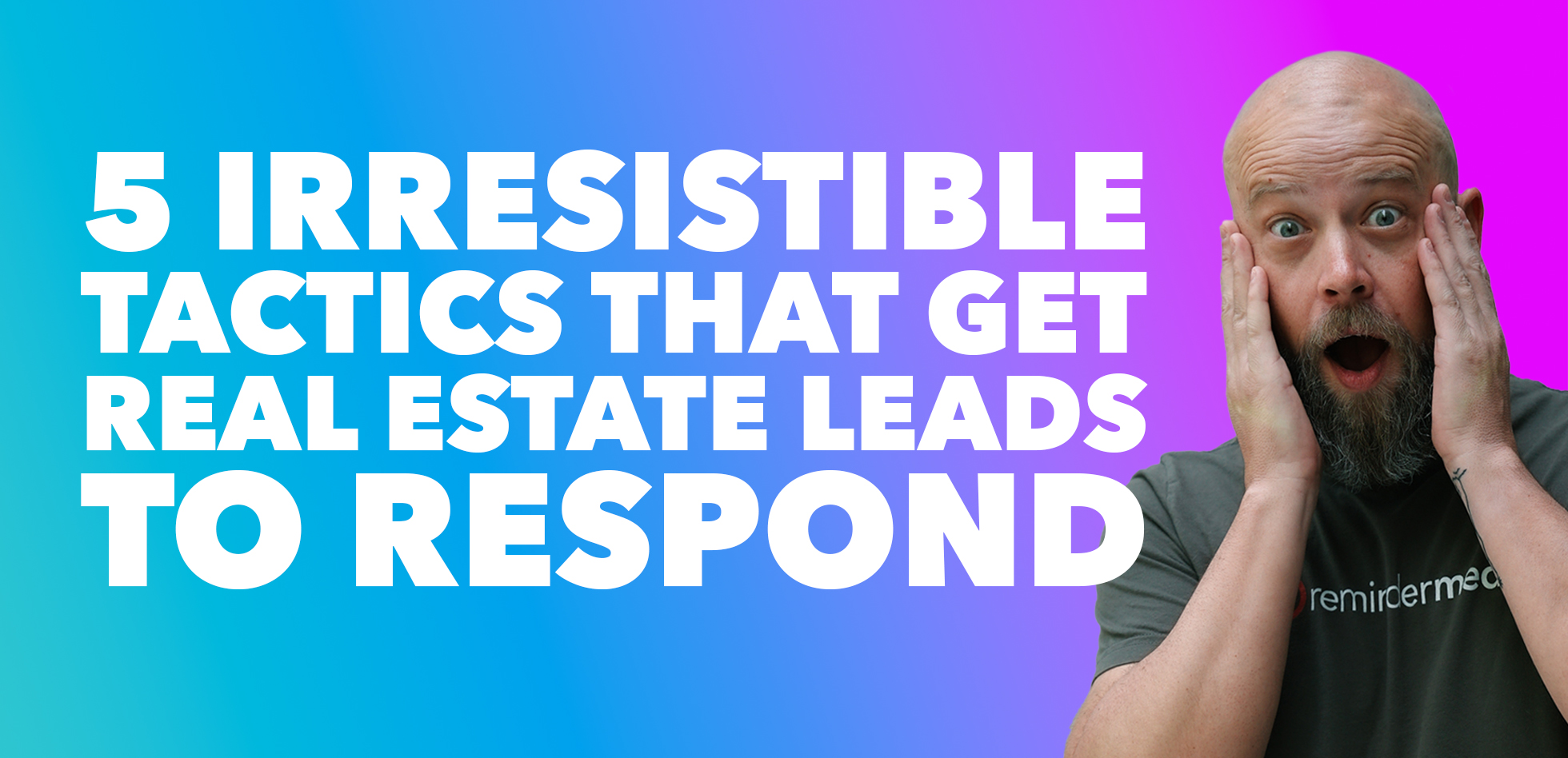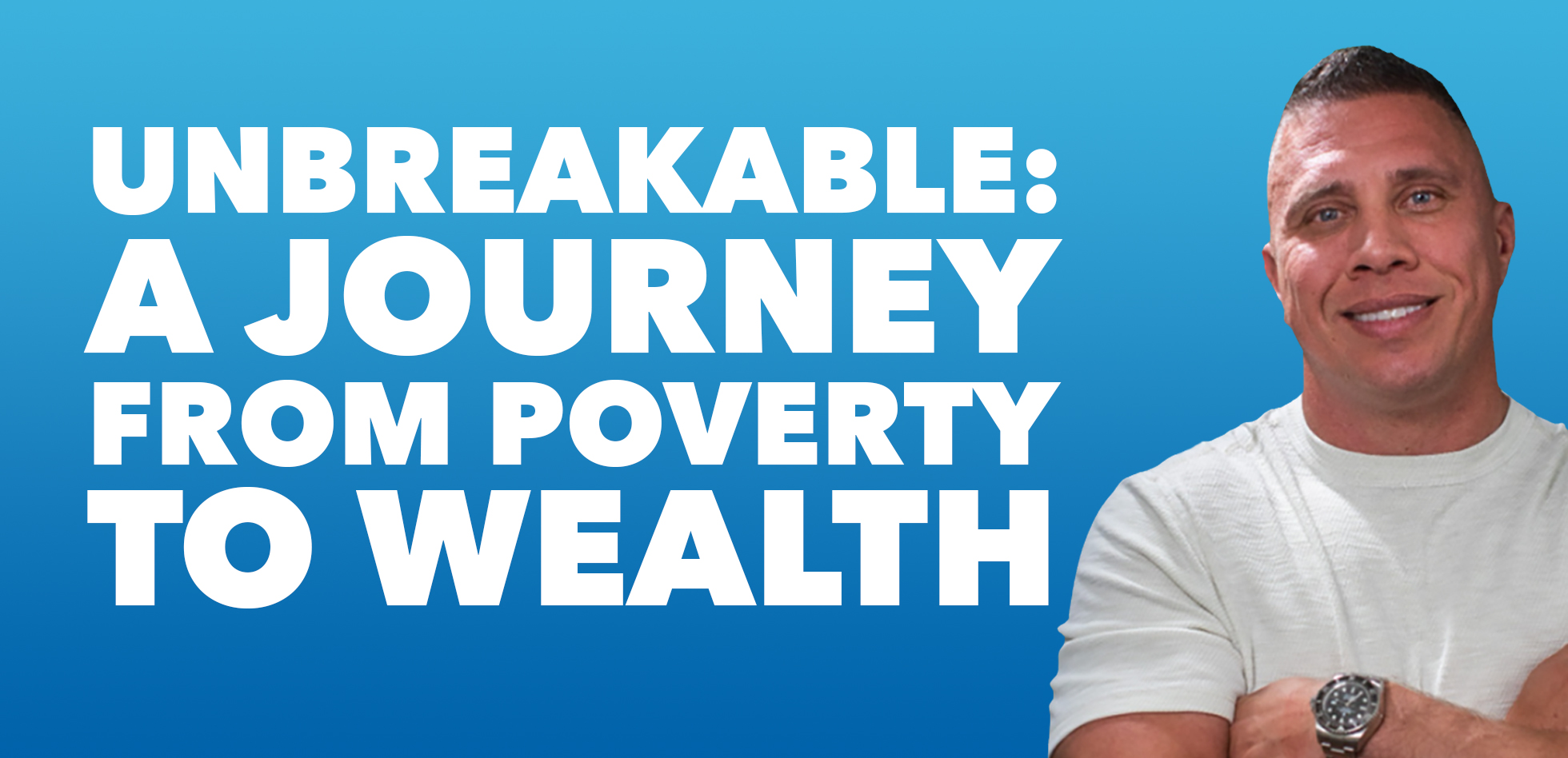Many people who rely on referrals for business are deluding themselves. And it’s costing them.
Here’s how they view the referral process:
You do a great job for clients. > They enthusiastically tell all their friends and colleagues. > The referrals come pouring in.
Here’s what really happens:
You do a great job for clients. > They’re happy but don’t feel the need to talk about it. > Over time, they forget you. > You miss out on the referral opportunities they could bring.
If you want to avoid letting referral opportunities pass you by, you need to do more than offer great service.
But what exactly can you do?
Stay in touch
Running ads, sending e-mails, or calling clients is great. But there’s no guarantee that these efforts will turn into referrals.
Why?
Opportunity.
Your clients may not know anyone who has a need for your services at that particular time. You may not have built enough trust for them to put their reputations on the line. They may just be busy and distracted at that moment.
To put yourself in the presence of opportunity, you need to consistently connect with clients. That’s the only way to ensure they won’t forget about you. It is also the best strategy for getting them to think about you—as long as you go about it the right way.
So what is the right way?
Focus on building relationships, not on sales
If all you do is push for new business, it won’t take long before clients stop listening to you. Instead, use your interactions as opportunities to build relationships. Get to know them on a personal level, and let them get to know you.
The great thing about relationship marketing is that the benefits are compounded. The more you learn about your clients, the more opportunities you will have to connect. That makes the relationships stronger, which, in turn, strengthens your chances of getting referrals.
You see, the decision to give referrals has more to do with the rapport between your clients and you than with how good you are at your job. It’s not that they’re opposed to giving referrals when doing so can help their contacts. They just won’t go out of their way to help you if they have no emotional connections to you.
Help your clients help you
If you do everything right and reach out to and build relationships with your clients, motivating them to provide referrals shouldn’t be a problem. Their ability to provide them may be one, though.
Your clients may not be able to immediately recognize referral opportunities. So instead of simply asking for names, give specific suggestions of the types of people who would make good referrals.
Here’s an example:
Good: Do you know anyone in the market for a financial advisor?
Better: Do you know anyone who may benefit from talking to me? Anyone who’s recently been laid off, has a child nearing college age, or is close to retirement would make a good referral.
Follow these steps to get more referrals
Now that you know what it takes to earn a referral, you can avoid the ineffective process that others are following. This is what an effective process looks like:
- Do a great job for the client.
- Build rapport with the client.
- Ask for the referral.
- Repeat steps two and three until you get the referral.
But don’t stop there. Work your relationships all the time. You never know when or where your next opportunity will be.









 Apple Podcasts
Apple Podcasts
 Google Play
Google Play
 Spotify
Spotify














